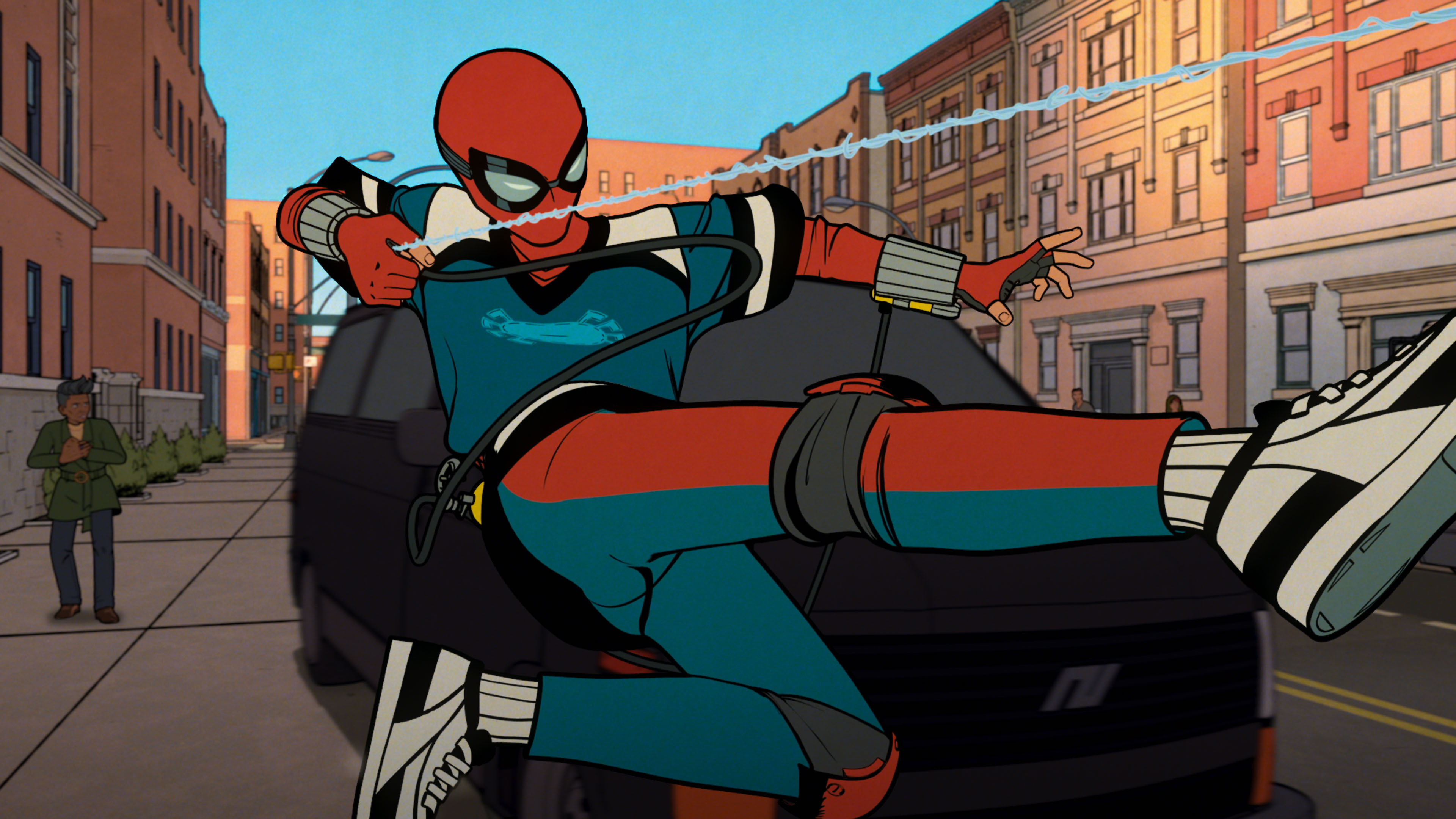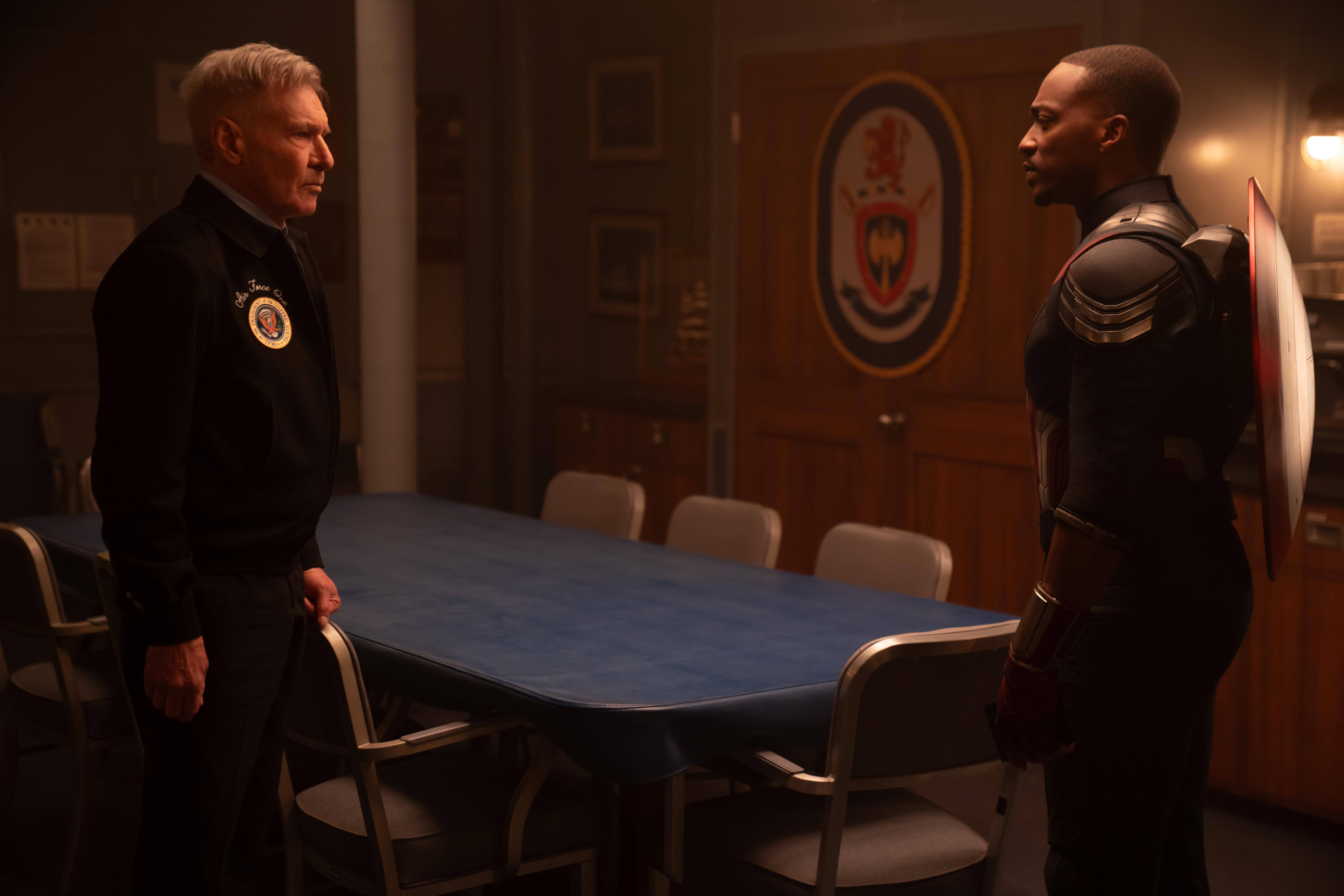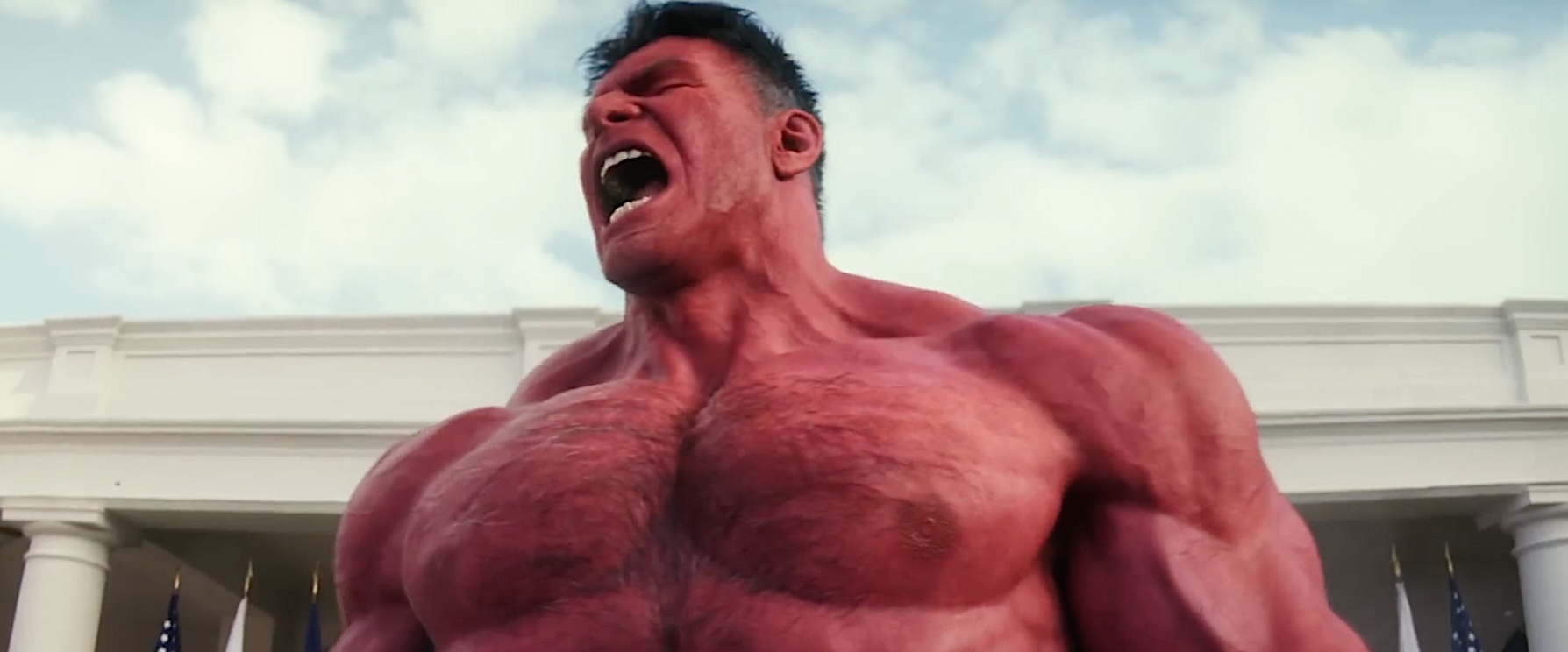It’s really hard to engage with the story of Overwatch these days.
This is saying something, as a person who is mocked regularly by my best friend for rewatching old cinematics and crying, but sitting through Genesis, the three-part Overwatch 2 anime short, over the last three weeks elicited very little excitement from me. Despite it being the first time fans ever saw a pivotal chunk of the series’ history play out, it felt disconnected from where the game is now. Years ago, I would have gotten hyped for an Overwatch anime series — but now, having sat through the 18-minute miniseries hoping to see them building on stilted short stories and scattershot comic issues, I once again feel unimpressed.
Animated by Wolf Smoke Studio (which previously did the Doomfist origin story), Genesis covers an abbreviated look at the Omnic Crisis framed as an in-world documentary. We see events crucial to understanding Overwatch 2’s present-day narrative — the war with the God AI Anubis, the formation of the Overwatch organization, Omnics gaining sentience, and potentially an explanation for the Iris — further fleshed out from the handful of references we had before.
The pseudo-documentary is a pretty common format nowadays, but it doesn’t serve as a compelling method of story delivery here. Fake documentaries, like real ones, all have narratives, but the strong ones take enough time to capture the emotional arc of the subjects involved. Genesis does neither; it has shoehorned a handful of new characters into proximity of the events in question, and they all largely serve to be expository.
:no_upscale()/cdn.vox-cdn.com/uploads/chorus_asset/file/24844387/overwatch_genesis_aurora_omnic_crisis_ai.jpg)
The “star” (or supposed heart) of Genesis, Aurora, is the first android of the game’s future Earth to gain Singularity-level sentience. Her creation by Dr. Liao (who also created the hero Echo) is what precipitates most of the events of the miniseries. Aurora is also the one who ultimately turns the tide in humanity’s fight against the robot uprising. But the problem here — a side effect of placing huge narrative importance on an ancillary character in an already brief format — is that we don’t ever get enough time to care about Aurora, despite the shallow script telling us that we should due to the lore.
Aurora’s history starts as a mention in the Symmetra short story “Stone by Stone” from 2020, and is detailed more in the novel Overwatch 2: Sojourn, which was released last year. Before seeing Genesis, I barely remembered who Aurora was; I can’t imagine how odd her appearance will seem to someone completely new to Overwatch 2. Aurora’s struggles with being the sole sentient Omnic (at that point) and trying to grapple with the nature of her existence would make for a great story all on its own, but she’s given almost no interiority and very little screen presence. This makes her decision to disperse her consciousness to all the other Omnics read as a femme character dutifully sacrificing herself, and it undercuts the intended emotional message about cherishing one’s finite life.
I’ve always known Overwatch borrowed from many other sci-fi series across film, comics, and animation, but especially The Matrix, given the Omnic Crisis’ foundation of a subjugated people gaining consciousness and free will. What I was not expecting was for Genesis to loosely crib from “The Second Renaissance,” part of 2003’s Animatrix anthology; but given Overwatch’s latent racism metaphor with Omnics (which is also partially lifted from X-Men), it isn’t surprising. Genesis’ visions of Omnic servitude and dehumanization are less blunt than those in “Renaissance” (which includes an AI being named after a fictional Black character, robots building a pyramid, and more), but it still makes their “awakening” as sentient beings less uplifting and more depressing, knowing that they will just suffer through violence and Robot Jim Crow laws. Overall, Genesis is extremely derivative, and it’s all the weaker for it.
:no_upscale()/cdn.vox-cdn.com/uploads/chorus_asset/file/24844393/overwatch_genesis_ana_torbjorn_reinhardt.jpg)
This is why I am so confused and disappointed by Genesis; Overwatch as a narrative object has worked best in the past with quick, emotional gut punches amid some inarguably schmaltzy dialogue. With Genesis, I was hoping to see the heroes actually interacting with one another, something we’ve barely gotten outside of a few brief moments from in-game story cinematics. Genesis could have been a solid win, told as a straightforward interaction between characters we’ve known and loved as individuals for years.
Seeing such a defining part of Overwatch’s fictional world be presented in this way feels like pulling up floorboards in a house only to see the cracks spidering through the foundation. Genesis is carrying the weight of seven years’ worth of audience expectations, especially on the precipice of PvE missions finally being added to the game. The miniseries’ lackluster outing is frustrating as it is sad, because Genesis feels like a fragment of the story development from years ago that is being updated in order to not completely leave that portion of the story behind. Overwatch, as both a game and a narrative, has been through several public redirections over the past couple of tumultuous years; I hope that, in a cautiously optimistic way, the story finds much sturdier footing in the future.








